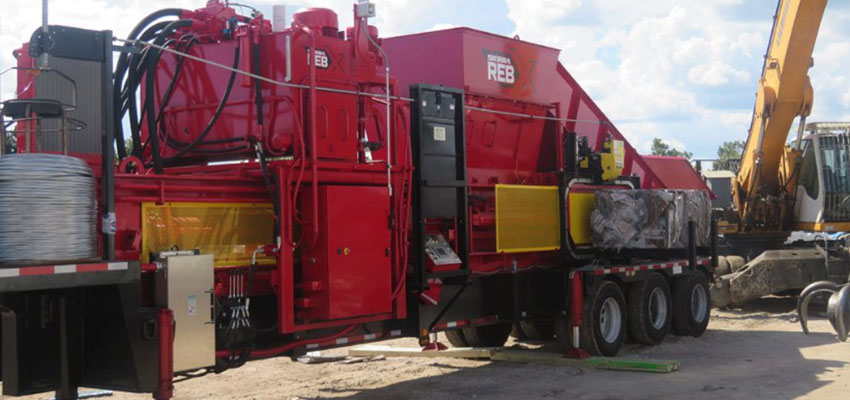Scrap metal recycling, particularly in outdoor settings, is a pivotal element in environmental conservation efforts, offering myriad benefits spanning resource conservation to pollution reduction.
This process contributes to the circular economy and reduces the impact of raw material extraction and waste accumulation on the environment. Here’s an exploration of the ecological benefits of recycling scrap metal in outdoor environments:
Conservation of Natural Resources
Scrap metal baler machine plays a crucial role in conserving natural resources. Metals are finite resources, and extracting them from the earth is energy-intensive, contributing to the depletion of these resources.
Recycling metals reduces mining demand and protects natural reserves of metals such as iron, aluminum, and copper.
By reusing metals, we ensure a sustainable supply for future generations while minimizing the ecological footprint associated with their extraction and processing.
Energy Savings
The energy required to recycle metals is significantly less than that needed to extract and process virgin materials.
For example, recycling aluminum can save about 95% of the energy required to produce the same aluminum from its source bauxite. The energy saved by recycling metals can be converted into reducing carbon emissions, which helps to address climate change.
The outdoor recycling of scrap metal thus plays an essential role in energy conservation on a global scale.
Reduction in Greenhouse Gas Emissions
Recycling scrap metal outdoors significantly reduces greenhouse gas emissions compared to producing metal from ore. The reduced energy consumption during recycling leads to lower carbon dioxide emissions, a significant greenhouse gas.
By mitigating these emissions, scrap metal recycling contributes to climate change mitigation efforts, helping to stabilize global temperatures and reduce the environmental impact of industrial processes.
Pollution Reduction
Mining and refining metals are associated with various forms of pollution, including air and water pollution. Recycling scrap metal reduces the pollutants released into the environment, contributing to cleaner air and water.
The reduction in sulfur dioxide and other contaminants from reduced smelting and refining activities directly benefits ecosystems and human health, particularly in outdoor environments where the impact of pollution is most directly felt.
Waste Management and Landfill Reduction
Recycling scrap metal helps manage waste more efficiently by diverting significant amounts of metal from landfills. Metal takes considerable time to decompose, and its presence in landfills can lead to soil and water contamination by leaching heavy metals and other pollutants.
By recycling scrap metal, we reduce the volume of waste in landfills and protect the soil and groundwater from contamination, preserving the environment for outdoor activities and wildlife.
Supporting Biodiversity
By reducing the need for mining and mitigating pollution, scrap metal recycling helps preserve habitats threatened by extraction processes and industrial pollution.
Protecting these habitats supports biodiversity, ensuring that ecosystems remain balanced and that various species thrive. Reserving natural habitats is crucial for maintaining the ecological integrity of outdoor environments.
Conclusion
The environmental benefits of recycling scrap metal outdoors are vast, contributing significantly to resource conservation, energy savings, reduction in greenhouse gas emissions, pollution control, efficient waste management, and preserving biodiversity.
These benefits underscore the importance of recycling initiatives and their role in promoting environmental sustainability.
As awareness and technology continue to advance, the potential for scrap metal recycling to positively impact the environment grows, highlighting its critical role in shaping a sustainable future.

